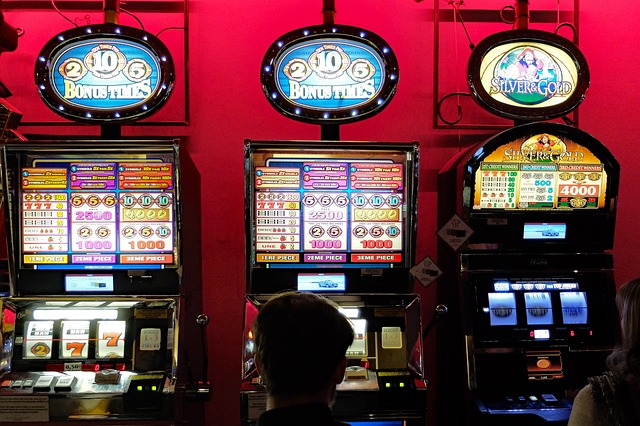Random Number Generators (RNGs) are the backbone of fairness and unpredictability in modern slot machines. Understanding how RNGs operate is essential for both players and operators to appreciate the integrity of the game and the mechanics behind every spin.
This post explains RNGs in straightforward terms, covers their role in slot machines, common misconceptions, practical trade-offs, and guidelines for ensuring fair play.
What Is an RNG?
An RNG is a computer algorithm that generates sequences of numbers that lack any predictable pattern. In the context of slot machines, these numbers determine the symbols displayed on the reels after each spin.
Unlike physical randomness (like dice rolls), RNGs use complex mathematical formulas to simulate randomness. Their output must be statistically random and unbiased to ensure fair gameplay.
How RNGs Drive Slot Machines

Every time you press “spin,” the RNG produces a number (or set of numbers) that correspond to specific symbols on the reels. The RNG runs continuously, generating thousands of numbers per second—even when the machine is idle. When you spin, it picks the current number in sequence, which dictates the spin outcome.
This means:
- The outcome is instant and unpredictable
- Each spin is independent of the last (no memory)
- The odds for winning combinations are defined by the RNG’s mapping
Mapping RNG Outputs to Reels
RNGs produce numbers within a range, and each number maps to reel positions or symbols based on weighted probabilities. This design allows slot developers to set:
- The frequency of each symbol
- The chance of hitting bonus features
- Overall payout percentage (Return to Player, RTP)
Common Misconceptions About RNGs
“The Machine Is Due for a Win”
Since each spin is independent, previous losses or wins don’t influence future results. There’s no “due” payout.
“RNGs Are Not Truly Random”
True randomness is hard to achieve with software. But certified RNGs pass rigorous statistical tests ensuring outcomes are effectively random for players.
“RNGs Can Be Hacked”
Regulated casinos use tested RNGs with security measures to prevent tampering. Independent audits verify their integrity regularly.
Practical Trade-Offs and Limitations
- Perception vs. Reality: Players often expect patterns, but RNGs are designed to avoid patterns. This can sometimes lead to frustration.
- Testing and Certification: Operators must ensure RNGs meet regulatory standards, which can be resource-intensive.
- Volatility Control: Developers tweak RNG weights to balance frequency and size of wins, impacting player experience.
How to Ensure Fair Play with RNG Slots

| Step | Description | Operator/Player Role |
|---|---|---|
| Use Certified RNGs | RNGs should be licensed and certified by regulators | Operator |
| Regular Audits | Independent labs test RNGs for randomness and compliance | Operator |
| Transparent RTP Disclosure | Operators disclose RTP percentages publicly | Operator |
| Player Education | Inform players how RNGs work to manage expectations | Operator/Player |
| Play at Licensed Casinos | Choose casinos regulated by trusted authorities | Player |
Quick Tips for Players
- Remember that each spin is independent; past outcomes don’t affect future spins.
- Check the RTP and volatility of a slot before playing.
- Avoid “chasing losses” based on perceived patterns.
- Play at licensed operators with certified RNGs for fairness.
